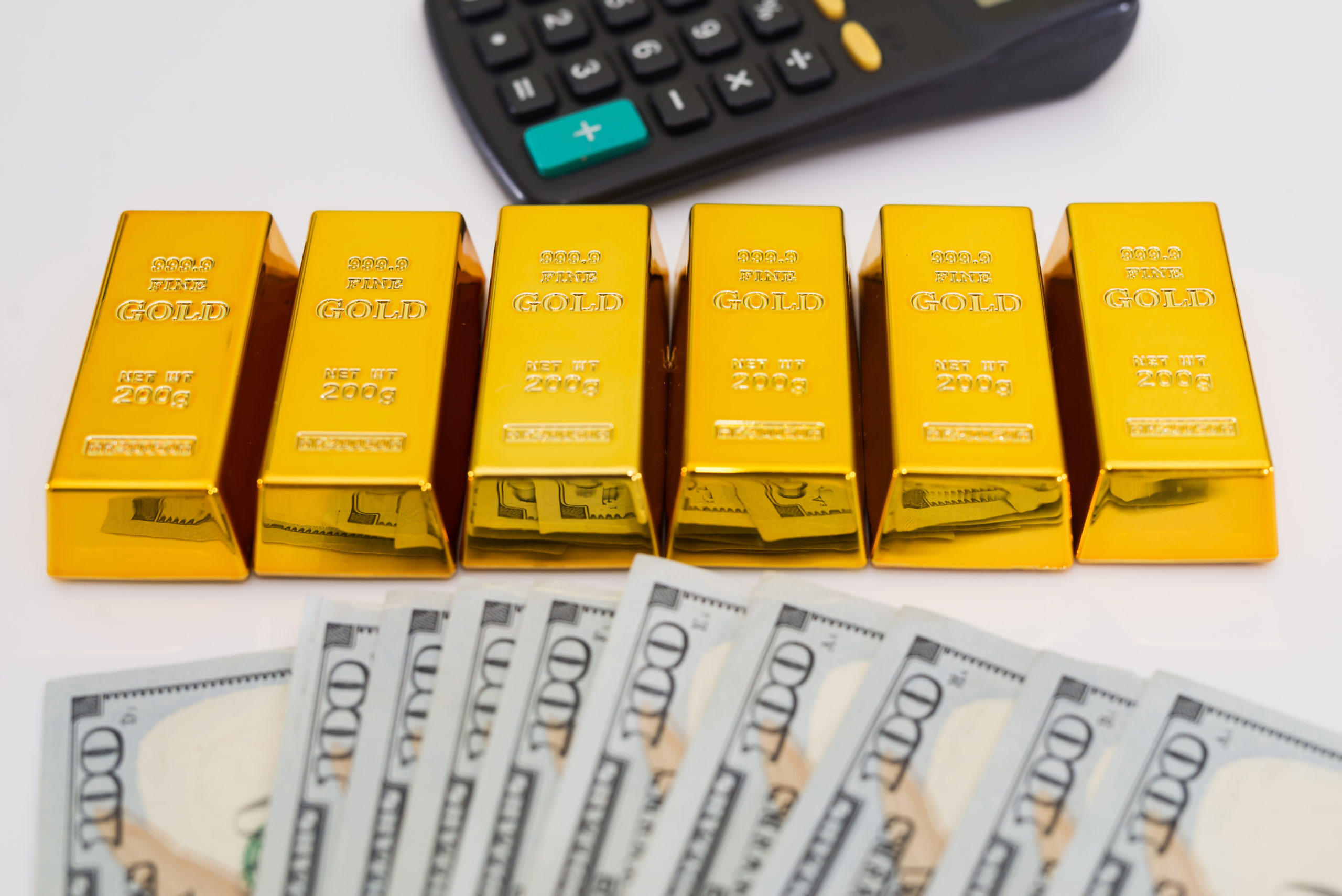Will I Have to Pay Tax on My Bullion?
Gold futures contracts at the Chicago Mercantile Exchange (CME) entered the new year with record-high valuations, but this favorable situation changed by the middle of January. Spot gold prices fell from their highest levels since April 2022 on January 13th, when commentary by the United States Federal Reserve suggested the prospects of an economic recession were lower than previously predicted. Nonetheless, gold prices returned to their high levels six days later as the World Economic Forum kicked off in Davos. During this weeklong period, CME floor managers reported heavy trading volumes, which suggests many new investors will consider investing in physical gold. Holding bullion, nuggets, coins, or fine jewelry can be a smart investment. However, whether they’re looking to sell silver bullion or buy gold bars, Carlsbad precious metals collector should understand the following tax implications.
Tax Classification of Bullion
The U.S. Internal Revenue Service classifies physical gold and other precious metals as collectible assets subject to capital gains taxes under some circumstances. In and of itself, holding bullion isn’t treated as a taxable activity. Even in the case of an extensive audit that reveals a vault filled to the ceiling with gold bars, the IRS won’t assess taxes for this type of ownership even if gold is trading at a million dollars per ounce. The same can be said about silver and other precious metals, which can be held in physical form forever without being taxed.
What Triggers Taxes on Bullion
Sales and transfers are the only bullion-related activities considered taxable by the IRS. As previously mentioned, bullion is tax-free while kept in your asset portfolio or safe, but it’s subject to taxation if you sell it or transfer ownership. In the case of bullion sales, you would be assessed a capital gains tax if you held the asset for at least one year. Shorter holding periods would be classified as making profits from selling bullion, thus making gold sales subject to income tax. When it comes to transferring bullion, it could be considered a sale if it’s exchanged for other assets, or it may be subject to federal estate, inheritance, or gift taxes.
Maximum Taxation on Bullion
The capital gains tax rate on bullion sales is progressive in the sense that individuals in lower income brackets will pay lower rates and vice versa for higher income brackets, but the maximum rate as of January 2023 was 28 percent. This means that even if your annual income for 2023 is higher than $232,000 while filing as a head of household, you won’t have to pay more than 28 percent on the capital gains realized by bullion sales, but you’ll still be subject to a maximum 35 percent tax rate on the rest of your earnings.
State-Level Taxation on Bullion
As sovereign revenue jurisdictions, states have the right to collect taxes on bullion sales, and some municipalities can even add a couple of points if their councils approve. About a dozen states don’t impose any taxes on the sale of precious metals. Some of them are Alabama, Idaho, Louisiana, and Oklahoma. State tax information on bullion sales can be obtained from brokers and dealers.
If you’re interested in buying precious metals or you’re looking for the best place to sell gold in Carlsbad, make sure to work with trustworthy precious metal dealers who offer high-quality service and have years of experience. Call on the industry-leading professionals at First National Bullion when you’re ready to buy or sell precious metals, including gold, silver, platinum, and palladium. Give us a call today at (760) 253-8072.
The statements made in this blog are opinions, and past performance is not indicative of future returns. Precious metals, like all investments, carry risk. Precious metals and coins may appreciate, depreciate, or stay the same in cash value depending on a variety of factors. First National Bullion does not guarantee, and its website and employees make no representation, that any metals for sale will appreciate sufficiently to earn the customers a profit. The decision to buy, sell, or borrow precious metals and which precious metals to purchase, borrow, or sell are made at the customer’s sole discretion.


